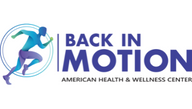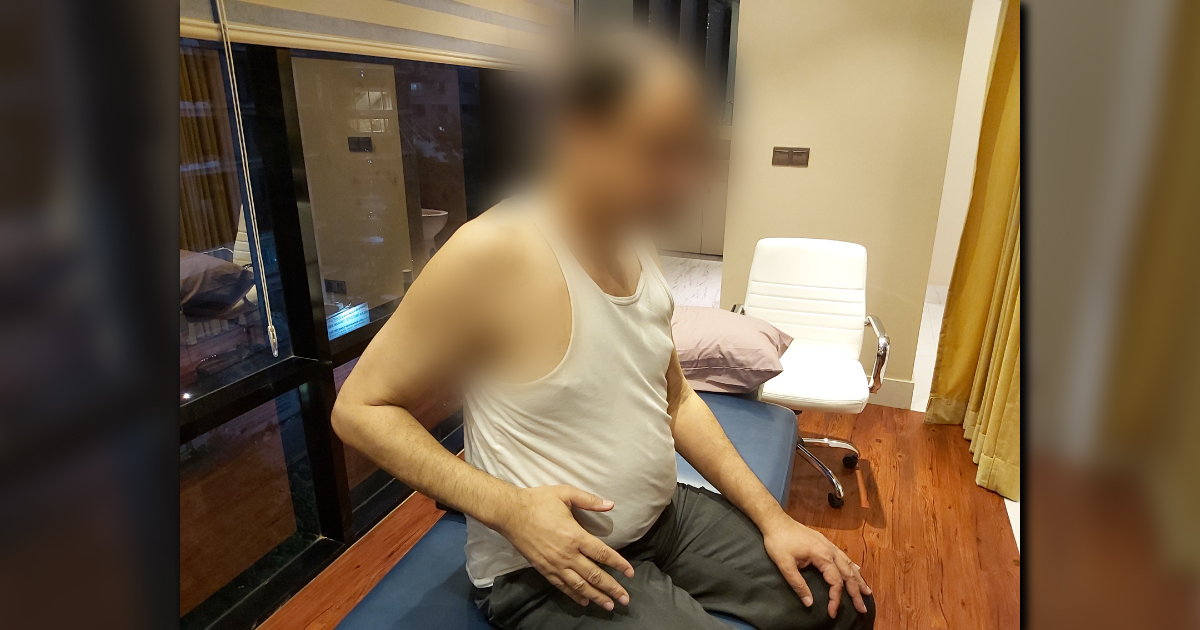Frozen Shoulder Treatment in Dhaka
Frozen shoulder, also known as adhesive capsulitis, is a condition where there is restriction of both active and passive shoulder motion without any known intrinsic shoulder disorders. It is characterized by insidious onset of shoulder stiffness, severe pain that usually worsens at night, and near-complete loss of passive and active external rotation of the shoulder. Frozen shoulder typically progresses through three stages, with Stage I being painful movement, Stage II being pain subsiding but the shoulder becoming stiffer and more difficult to move, and Stage III being stiffness decreasing and the shoulder range of motion gradually returning. People with diabetes, thyroid problems, past shoulder injury or surgery, or a sedentary lifestyle are at an increased risk for developing frozen shoulder. Proper diagnosis is important since frozen shoulder can often be misdiagnosed as a rotator cuff tear/tendinopathy. Physical therapy is considered the mainstay, first line of treatment for frozen shoulders, as it effectively reduces pain and restores functional range of motion. Combining NSAIDS or other intra-articular corticosteroids with physiotherapy resulted in better outcomes compared to corticosteroid alone. Some gentle exercises that can be done at home during the initial painful stage to relieve pain and slow down the progression of loss of motion include.

